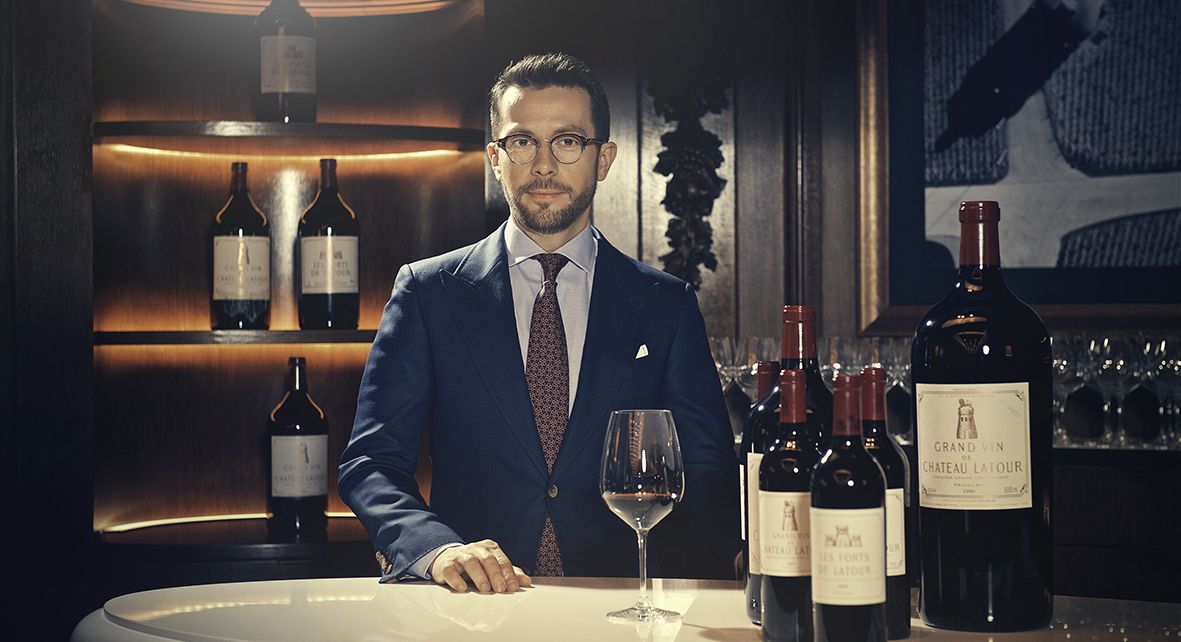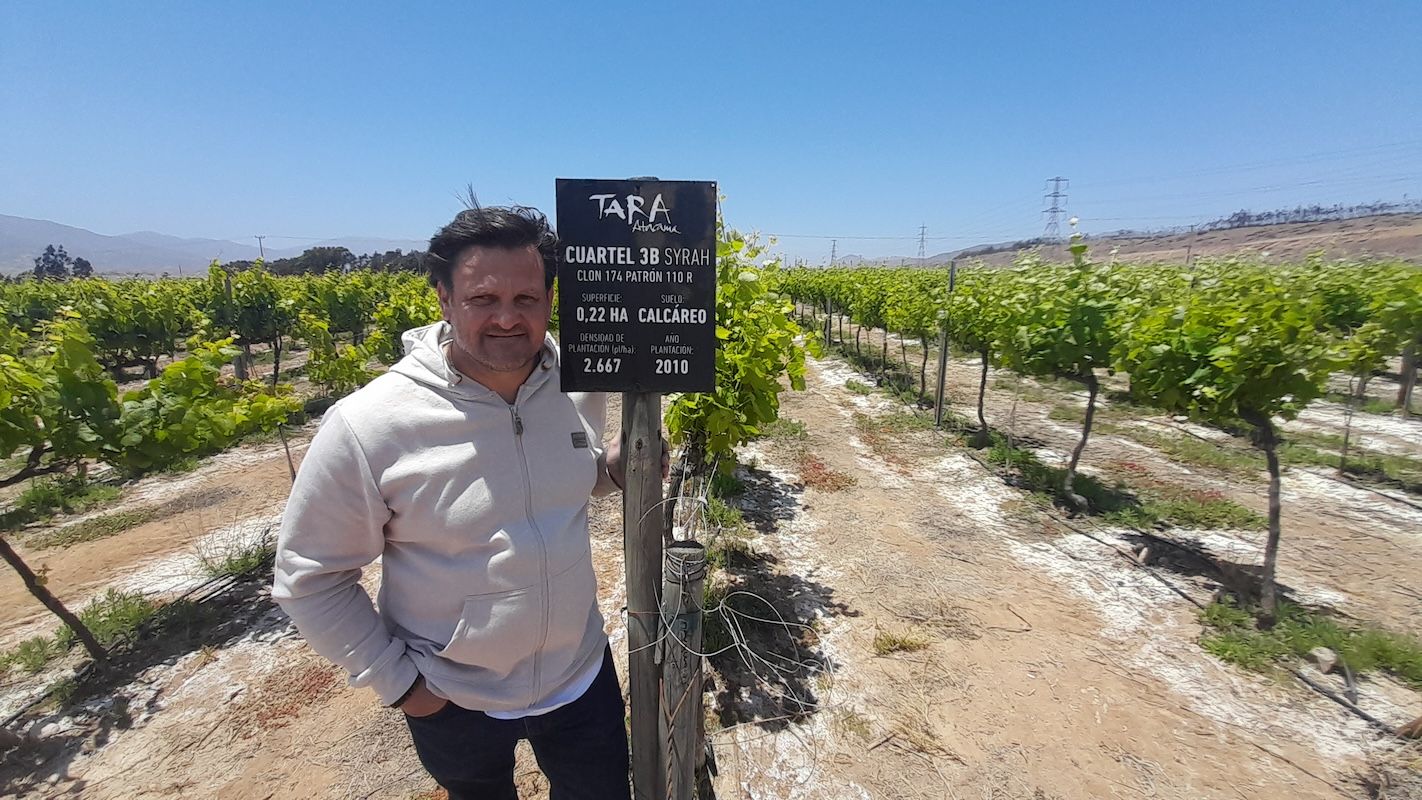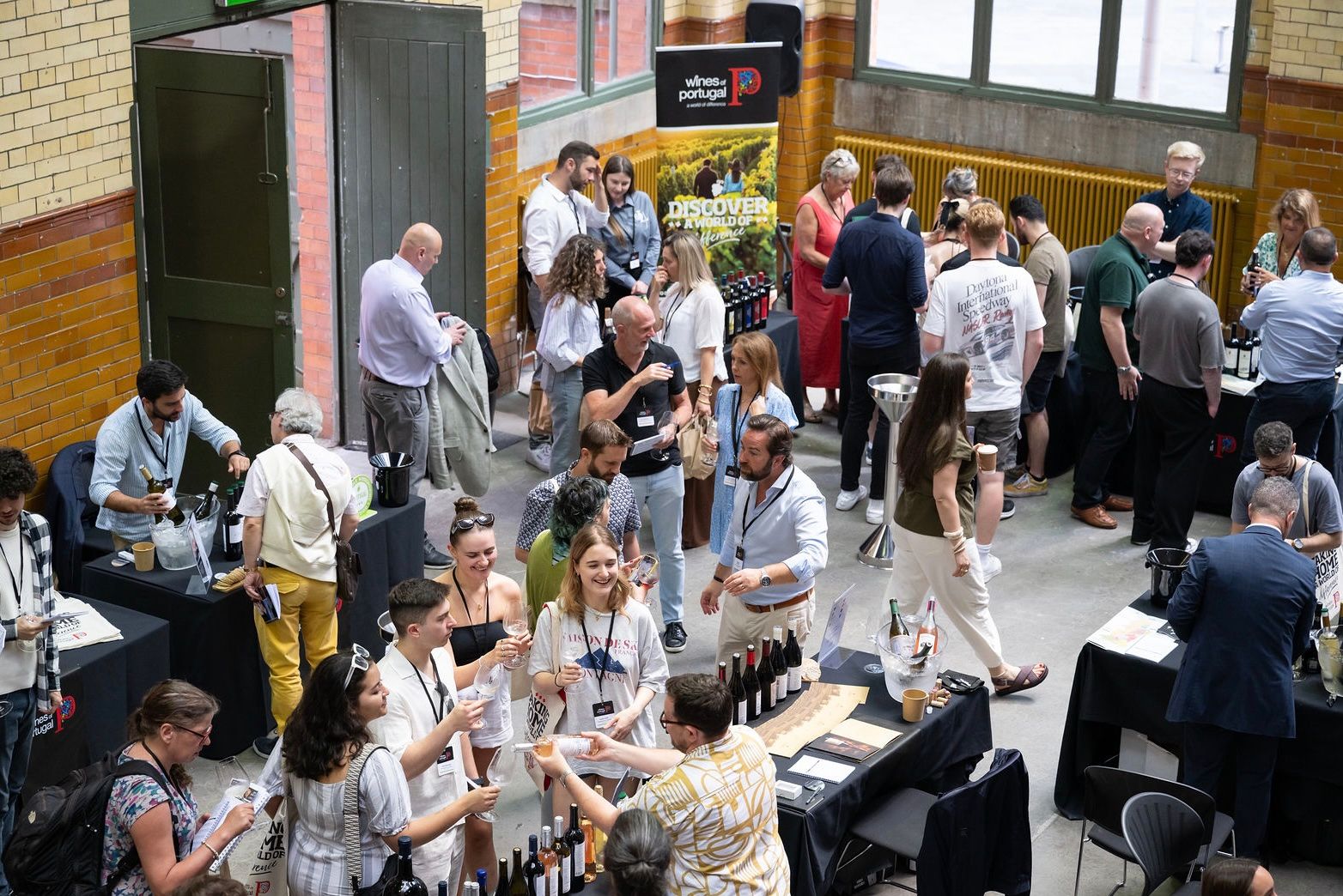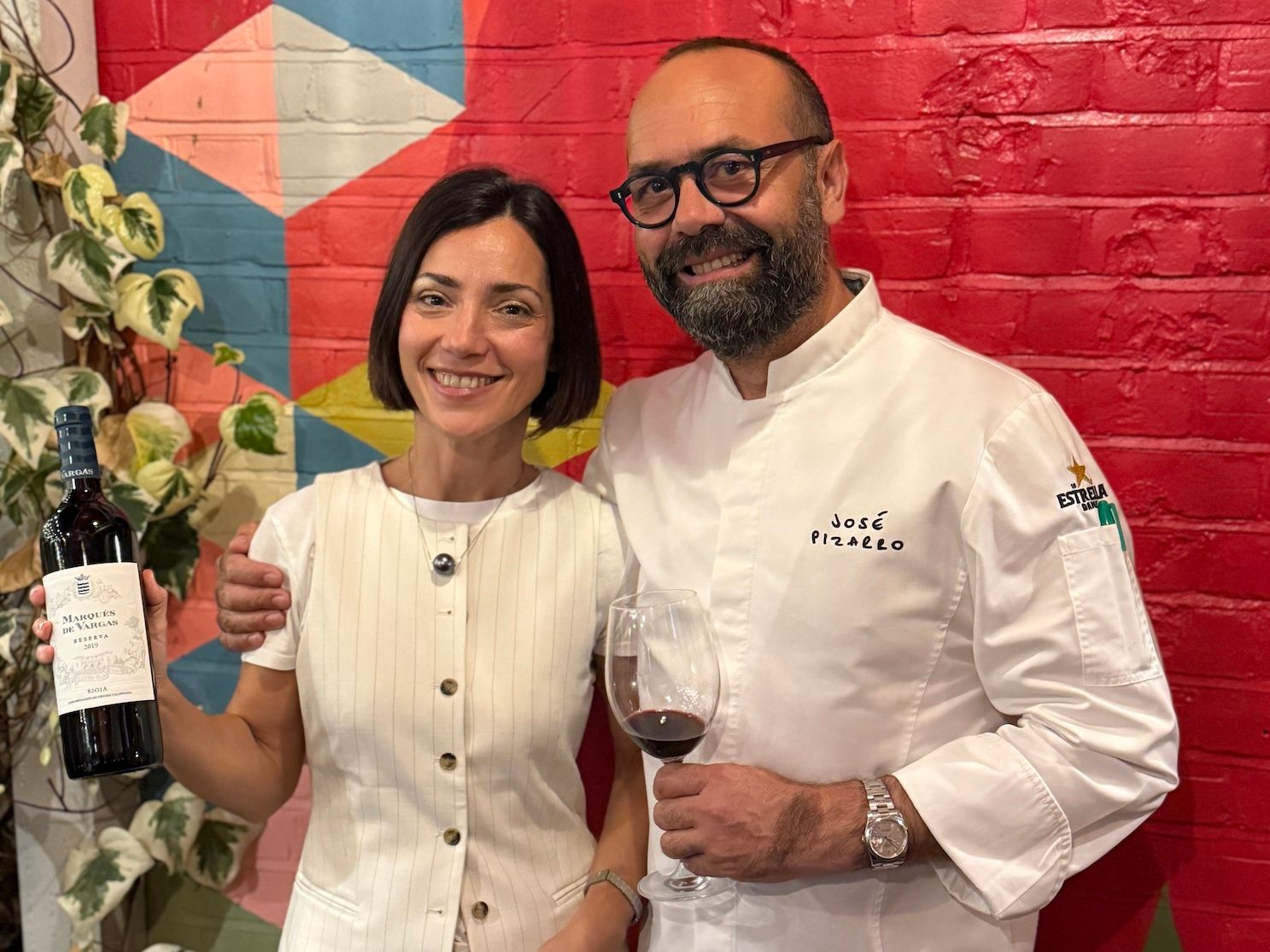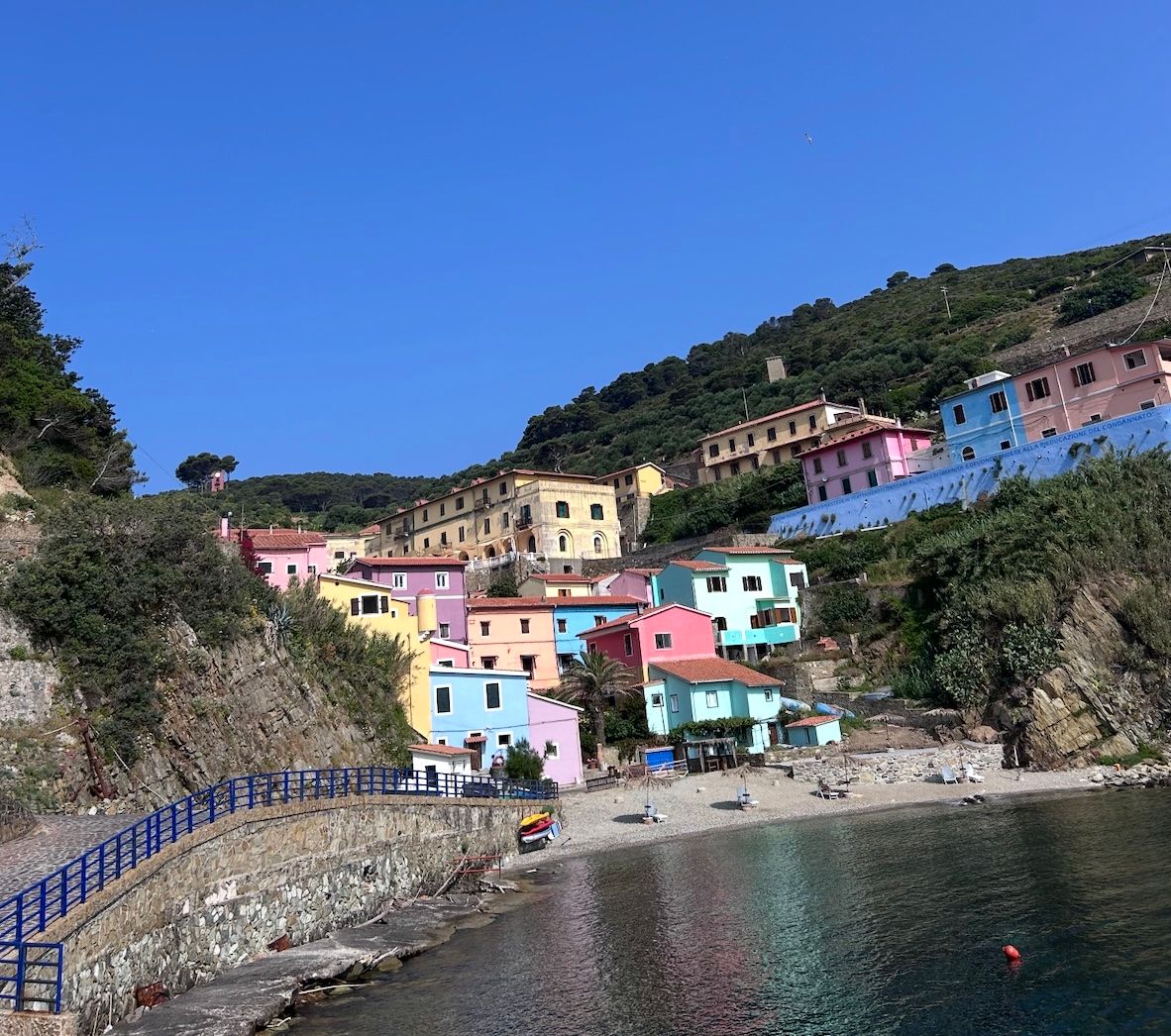Wines of Germany’s Somm Sessions are designed to be informal sessions to bring sommeliers and members of the hospitality sector together to look at the exciting new styles and varieties of German wines now hitting the UK market, and explain how they can best get to grips with these wines.
Are you a sommelier who is (whisper it gently) just a little bit baffled by German wine? Or are you already a fully paid-up member of the fan club and want to learn even more about this country’s exciting wines? Whichever camp you’re in, if you are a sommelier or work in the hospitality sector and are keen to find out how to make your German wine offer really sing, then the Wines of Germany Somm sessions will definitely be of interest.
After the success of its inaugural event at Hide restaurant in London and second session at Silo in Brighton, Wines of Germany is soon to hold the third of its Somm Sessions at 20 Stories in Manchester on September 25. Here’s host, Jan Konetzki, personal take on German wines and what you can expect from the Somm Sessions.

20 Stories in Manchester is the venue for the next Somm Sessions on September 25
Why do you think UK consumers are so experimental with wine?
I think they are more open than most European consumers partly because they don’t have their own wine producing culture – though that is changing! However, the English wine industry is still quite niche, and doesn’t have a long history of production, hence, I think there is more openness. Traditionally, Brits have always favoured French wines, and for a long time French wines dominated in the UK, with a bit of Italian thrown in. However, that is all changing and when it comes to value choices, there are other emerging trends. New world wines are hugely popular for everyday drinking and in the on-trade, people are curious and sufficiently intrigued to try new wines. They are reaching out and looking at different things.
In the UK we are very lucky as wining and dining has become very professional in the past 10 years or so, and Brits are super-open to being surprised and trying something new. The key is to have someone who is excited about the wines they are bringing to the table, and this one of the biggest sales tools at our disposal.
But Riesling is not an unfamiliar grape amongst UK wine drinkers?
No, it’s not an unfamiliar grape, but I would say it is one that is most misconceived. People think it is sweet and sticky, they don’t see it as a tool which can be used to produce great wines in a wide variety of styles, from sparkling to dry and light, to full bodied to wines that are lusciously sweet.
No other grape variety is able to offer such a broad palate. While we love our Chardonnay and Pinot Noir, these grapes have a very particular style of wine, but Riesling is so much more diverse, particularly in Germany, and that is what makes it unique.
Do you think the Wines of Germany Somm Sessions offer something in addition to conventional tastings in helping better understand German wines?
I think it’s a very interesting format, with a natural flow of questions and answers, and everyone gets a bit of Riesling counselling! Technical tastings can be important for those in the trade to get lots of details and understand the wine better, but these type of events are very important for people to be able to communicate with each other and share their thoughts and concerns with their peers.

Jan Konetzki sees German wines and Riesling in particular as been so versatile to match with food
What is the solution to busting outdated perceptions? Educating consumers?
Education sounds a little bit strict – it’s more about sharing our passion for German wines. Being passionate about what you put in front of consumers goes a long way. Sometimes we try so hard to explain the wine, but often I’d advise not saying that it’s a Riesling you are pouring. Instead, focus on the other factors – that it is a grand cru, it’s a top vineyard wine from a certain region of Germany, or it is a dry wine with great complexity. Once you say Riesling it may trigger something with people you don’t necessary want.
Do you see the situation changing?
Thankfully yes. Lots of Riesling is now sold by the glass, giving drinkers the chance to sample a different wine in a risk-free environment, and enabling them to make up their own minds about the wine.
What emerging food trends do you think can benefit German wine?
In the past 10 years we have seen a lot of terroir-based cooking, where the focus has been on hyper-regional ingredient and chefs doing their own creative thing around that. This style of low intervention cooking involves lots of natural flavours, pickling and fermenting, all of which are complemented beautifully by Riesling. When Noma was the best restaurant in the world its wine list was comprised of 40% German wines because they are so food friendly with contemporary cuisine. Few wines are as good as German Riesling for food matching.
Looking into the future I think we are seeing a move away from a particular chef, and more towards a great story or great concept, where you have a particular way of cooking and bringing food and drink together.
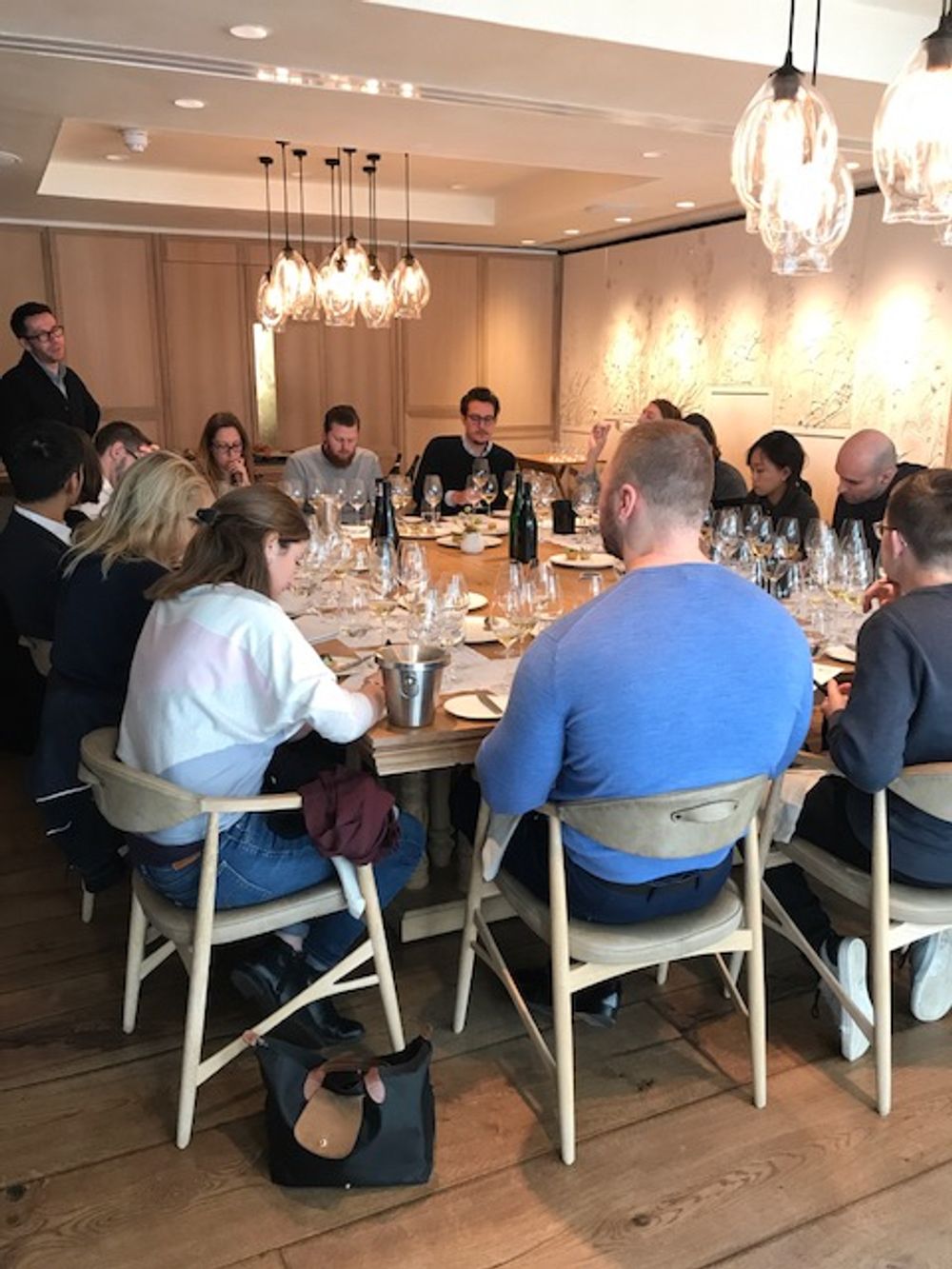
Konetzki talks to the panel of sommeliers at the first Somm Session at Hide
How can the trade persuade consumers to switch onto German wines?
It’s simple. By getting them to sample the wines. You don’t want to trick anyone, our job is to make sure that people have a good time – it’s all about entertainment, after all, but it’s nice to get across things we are passionate about.
Do you think it is helpful to draw comparisons with New World Riesling, and is this is a way of getting people to try German Riesling?
Some people do come back to German Riesling having tried a New World variety. I think that focusing on the grape variety can only cast a shadow over the other aspects of the wine, and that’s a mistake –it’s important to take a look at the broader picture. There are so many other elements to consider, be that the terroir, the winemaker, the history of the wine. I don’t think you should focus solely on the varietal.
What do you think of future prospects for Riesling in the UK?
I think that if the gastronomic and hospitality scene continues to thrive, then that will benefit the growth of Riesling. I think London will always fare well – there’s lots of competition and that means you need to be at the very top of your game to survive and whatever happens with Brexit there will always be people in the city with cash to spend. Despite the ongoing uncertainty caused by the current political scene, I can’t say I’ve noticed trade slowing down. Possibly things are a bit more erratic, so we might have a super-full restaurant where everyone is splashing the cash, and then another day, for not reason, it’s much quieter.
What advice would you give a sommelier who is unfamiliar with German Riesling? How should they go about selling it?
Like any other wine, you should talk about its flavour profile, what dishes it works well with, and think about how you present it. Consider your wine list, and include some fun facts about Riesling in there or why it makes such a good food wine.
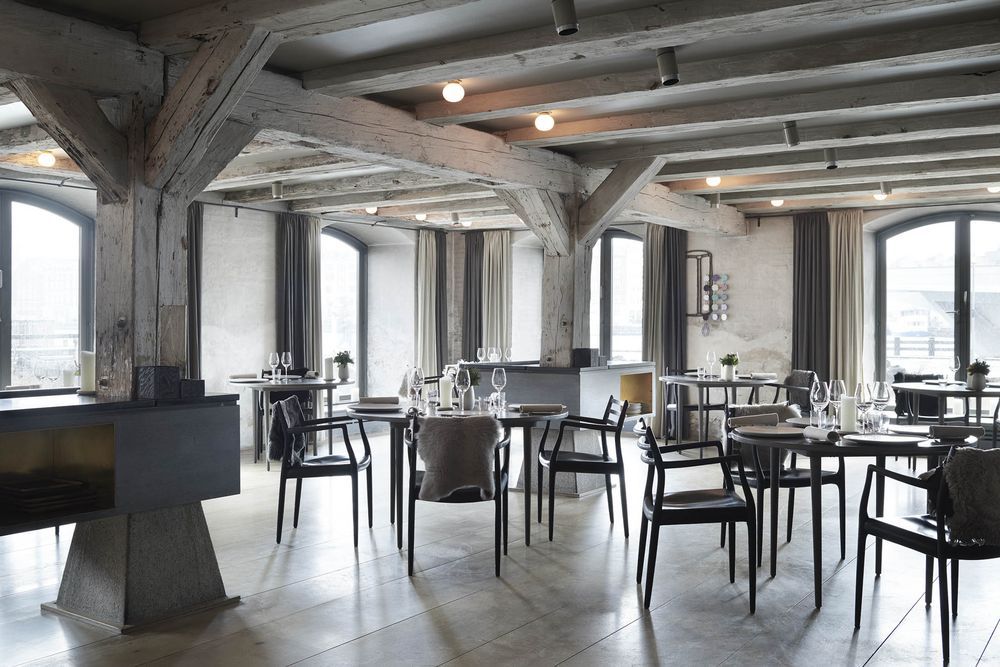
When Noma in Copenhagen was the best restaurant in the world up to 40% of its wines came from Germany
How would you advise a restaurant to lay out its wine list to best promote German wine?
There are different ways of approaching this, but you could focus on the grape variety and offer a few different German Rieslings, mix up international styles, focus on an individual producer or different German regions. Including German wines on your tasting menu is also a great way of introducing new wines to consumers, as they are often a great match with food. But any wines that you list have to also be a good match for where you are working.
Some restaurants change their entire by the glass list every four weeks, in which case you can get away with offering fewer German wines by the bottle. But I would recommend always having a good dry and off dry Riesling by the glass, and possibly a sweeter variety, to offer consumers stylistically different wines, providing contrast.
You have mentioned the reservations that consumers have regarding Riesling. But what about the trade?
It’s still the same stigma regarding Riesling and German wines. People find it difficult to get their heads around the labelling and quality system and the different terms on the bottle. Many of these things go back to education.
Do you think the German wine industry is doing enough to make their wines accessible in export markets?
I think we are seeing massive changes in simplifying labelling, where details of the producer, the vintage and whether a wine is dry or not (trocken) are put on the front label, and keeping everything else to the back. As the export market has developed German producers realise that this is what people want. A lot of producers are also moving away from the traditional heavy Gothic script towards a more modern look to appeal to younger consumers.
Germany is a very vibrant market and within the wineries there is a lot of collaboration and exchange of ideas. There is a trend amongst young winemakers to join together and to get rid of the old traditional way of doing things. They may lack a bit of confidence so they can lean on each other for support.
Do you think that more restaurants will start offering Sekt as a Champagne alternative?
Sekt is a brilliant sparkling wine that you can enjoy at a very young age, but I think that to consider it a Champagne alternative is narrowing the field a bit. However, the name Sekt covers a broad field, with a variety of different styles and production methods and can include a wine made by the continuous fermentation method down to single estate sparkling wines made by the traditional method. Packaging is key to the success of Sekt too – if that’s not right then consumers aren’t going to spend a lot of money on it.
- If you are interested in finding out more and attending the next Somm Session in Manchester on September 25 at 20 Stories, or the following session in Edinburgh on November 13, then please get in touch with Wines of Germany on germanwine@thisisphipps.com.
